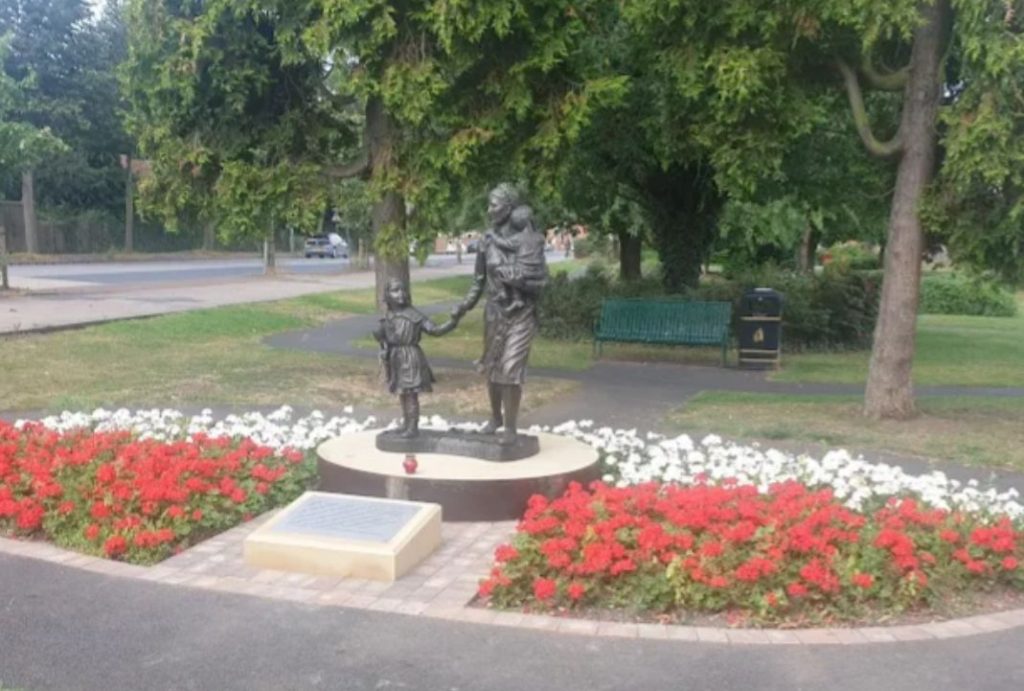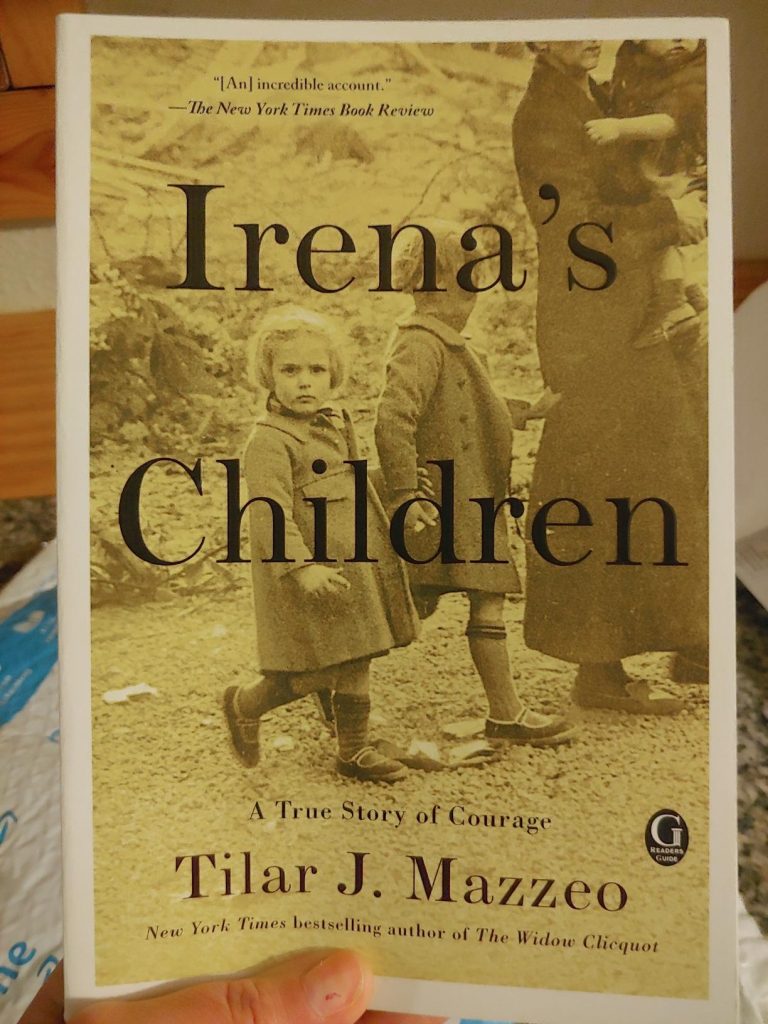Before this book, I’d heard of Oskar Schindler, even Raoul Wallenberg. But no one had told me about Irena Sendler—the Polish social worker who, during the Holocaust, smuggled over 2,500 Jewish children out of the Warsaw Ghetto. Who hid them in orphanages, in convents, in homes of strangers. Who memorized every single name of the children she helped, burying the list in glass jars beneath an apple tree, in case there was ever a world where their identities could be returned to them.
This woman, small in frame and soft in demeanor, walked into hell with nothing but forged documents and unflinching resolve. And somehow, she walked back out, again and again, carrying babies drugged with sleeping drops and smuggled out in toolboxes. There are toddlers wrapped in blankets and passed through sewers. Children who left with whispers of their real names stitched inside jars, hoping the war wouldn’t outlive the memory of who they were.
Reading her story broke something open in me. Irena was no superhero. She was human. She was terrified. She cried. She questioned. But what she never did was turn away. When the world chose to close its eyes, she chose to see. And once you see, you can’t not act.
Tilar J. Mazzeo shows us the cost of Irena’s courage. The betrayal by a friend. The torture by the Gestapo. The breaking of bones. The months of silence, unsure if the mission could continue. And yet, through all of it, Irena’s spine didn’t bend. There were children behind those walls, and she had promised herself she would not let them be forgotten.
What I found most devastating, most beautiful, is that she never saw herself as extraordinary. “I was not a hero,” she said later in life. “I was just doing what had to be done.” That humility made the weight of her actions all the more unbearable. Because if this was what an “ordinary” person could do, what does that say about the rest of us?
And it wasn’t just Irena. There is also the network of ordinary people; nurses, priests, teachers, strangers, who chose danger over indifference. Some were caught. Some were killed. Many were never thanked. But the weight of their choices echoes in the laughter of generations that might never have existed.
There were moments I had to close the book because the grief it held was too heavy. But then I’d remember Irena. I’d remember the children, lined up at the ghetto gates, faces thin and eyes too old for their age, and I’d open the book again. Because if she could keep showing up, so could I.

Statute of Irena at Newark, Nottinghamshire. Photograph taken off Tracey Hardwick’s Facebook Comment
I just kept pausing while reading. Not because the book dragged, but because my heart couldn’t keep up. How does a person choose to risk torture, execution, erasure, and keep going? How does she endure the pain of mothers who begged her to take their children, and the pain of those who couldn’t bear to let go—and lost them anyway?
Reading this book as a mother broke me in new places. The thought of handing my child to a strange, begging them to promise me she’d survive… I don’t know if I could do it. And yet, these women did. Because in some cruel twist of history, trusting a stranger was safer than holding your child in your arms.
So you see, this is not just Irena’s story. It’s the story of the mothers who let go. The children who were renamed, reshaped, hidden. The trauma that didn’t end when the war did. The resilience that bloomed anyway.
By the final page, I was weeping, not just for the children who were saved, but for the ones who weren’t. For the mothers who never knew what became of their babies. For the pain that history forgets because it doesn’t fit neatly into textbooks.
But I was also weeping in gratitude for Irena. For her team. For every single name risked in the margins. For the reminder that in the face of systemic evil, there is always something we can do. And sometimes, that something, as this book makes painfully, beautifully clear, can change the world.
If you read one story of quiet heroism this year, let it be this one. You will not be the same afterward. And that’s the point.
GET BOOK HERE
NOTE: As Amazon Affiliates, we earn a commission when you buy the book through our link above.


